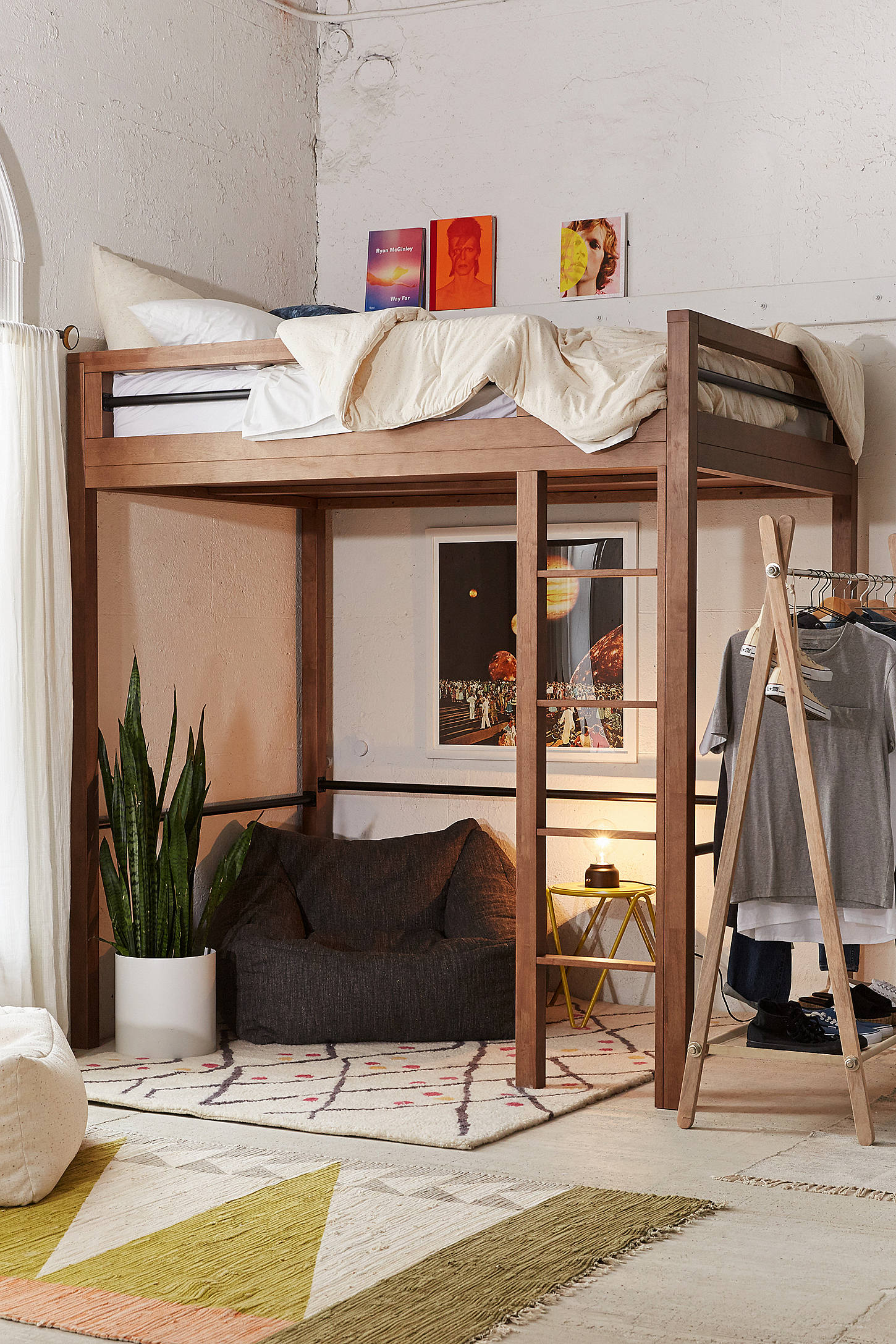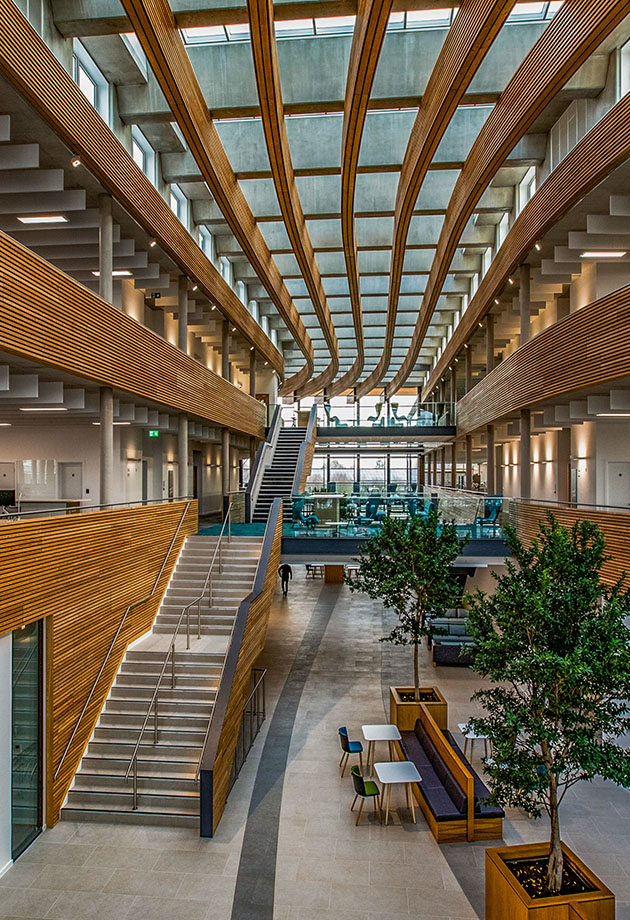Table of Content
Saskatoon, Saskatchewan's other major city and the province's largest, is comparable in price to Regina, though homes were marginally cheaper on average. In Saskatchewan, the benchmark home price in September 2021 was $286,600. The average income in Saskatchewan is around $54,300, meaning the benchmark price of a home is about 5x the average income. The least expensive homes in Saskatchewan are in the areas of North Battleford and Melville with prices well below $200,000.

The average price for a detached home according to the Winnipeg Regional Real Estate Board was $364,817 in September 2021. Cities such as Airdrie, Red Deer, and Lethbridge are near enough to Calgary while managing to be much more affordable. For example, the average home in Airdrie costs $395,300, over $60,000 cheaper than Calgary proper. The Canadian Real Estate Association compiles monthly statistics on activity over Multiple Listing Service® Systems of Canadian Real Estate Boards and Associations.
Subscribe to the FRED newsletter
In the pandemic-linked housing boom, average residential property values have become decoupled from average incomes over vast swathes of the country. The homeownership rate is also among the highest in the nation, at 74.8%. However, Mississippi also has the nation's highest poverty rate, with a fifth of its inhabitants living below the poverty line.

According to the latest census data, 65.4% of U.S. households own their home. The District of Columbia has the lowest rate of homeownership, at 40.3%. California, New York, and Hawaii are among the states with the highest housing prices and the lowest levels of homeownership. On the other hand, states with relatively low housing costs tend to have higher levels of homeownership. West Virginia, which has the lowest typical-house cost, also has the highest homeownership rate, with 79.6% of residents owning their own home.
Save Graph To User Account
Quebec has no shortage of more affordable alternatives to its largest city. Popular choices include Gatineau which is nearby to Ottawa, and Quebec City, also a popular tourist destination. These cities had average single-family home prices of $440,392 and $362,490 respectively.
“In large part, the frenzy we’re seeing in buying can be explained by low interest rates,” she says. API GATEWAY Direct access to our data from your apps using any programing language. By 2011 the situation had reversed, and once again Toronto and Ontario homes cost more than in Calgary and Alberta.
Average house prices in Ontario 2015-2020
One of the biggest discussion points in real estate is home prices, both for real estate professionals and regular people. But while trends can be similar in different areas, actual prices in the housing market vary greatly across Canada. Sure, major Canadian cities have high prices but this has kind of always been the case. In this article, we will look at prices in more detail in different areas and see how they compare across the country. A typical home in Washington state is 1,903 square feet and costs $595,723.

Americans spend more on housing than any other expense, with an average of 35% of income dedicated to housing costs. Homeownership allows households to invest a portion of that money into a tangible asset that appreciates over time. For this reason, 91% of Americans indicate that they would like to own a home in their lifetime.
Canadian House Prices
The average home price in British Columbia was $932,979 in October 2022, down 3% year-over-year but up 1% compared to last month. That's still higher than Ontario's average home price of $835,090, and BC’s annual price decline of 3% is relatively small compared to Ontario’s annual price decline of 8.5%. For major markets in Atlantic Canada, Halifax-Dartmouth had an average price of $517,503 for October 2022, up 8% year-over-year.

British Columbia and Ontario have traditionally been housing markets with prices above the Canadian average, but the BC market is set to cool in 2019. There are several reasons for this, including the foreign buyers tax, higher interest rates and more stringent mortgage qualification rules. Canadian mortgage rates have been rapidly rising as Canada’s inflation rate remains elevated at 6.9% as of October 2021. While inflation has been cooling off in recent months, largely due to aggressive rate hikes by the Bank of Canada, the Canadian housing market has also experienced an easing in home prices.
Gain unparalleled insight into the dynamics of a highly varied Canadian housing market with the Teranet-National Bank House Price Index™ monthly public release. The regional breakdowns show good news for Montreal, Toronto and Vancouver, but a mixed bag everywhere else. Nationwide, prices could pick back up by the end of 2023, but still see an overall decline of 1% compared to the fourth quarter of 2022, from $772,900 to $765,171, Royal LePage shows. As a Premium user you get access to the detailed source references and background information about this statistic.

The average income in British Columbia is around $53,400, meaning the price of a home is about 17x the average income. According to data from the Canadian Real Estate Association , the average home price in Canada from September of 2021 was $686,650. Other than to say this price was up over 13% from last year, this statistic is not highly useful for home buyers.
Over recent times, the economy of Canada has been slowly growing and stabilizing leading to the strengthening of its currency. Consequently, people moving to Canada with what were traditionally stronger currencies will have less money after changing the money. Contrary to other countries where house prices have been falling or remaining relatively stagnant, Canada’s house rates have been steadily growing alongside its economy.
Meanwhile, Winnipeg’s average home price is up 4% year-over-year to $354,818. The Canadian Prairies, once a housing market that lagged behind the price gains seen in other parts of the country, are now seeing a slight downturn in home prices. The average home price in Alberta for October 2022 was $430,964, up 2% year-over-year. Saskatchewan's average home price is down 6% year-over-year, to $283,939, while Manitoba's average home price is down 4% year-over-year to $332,200. The Maritimes have performed relatively well compared to the rest of the country.

No comments:
Post a Comment